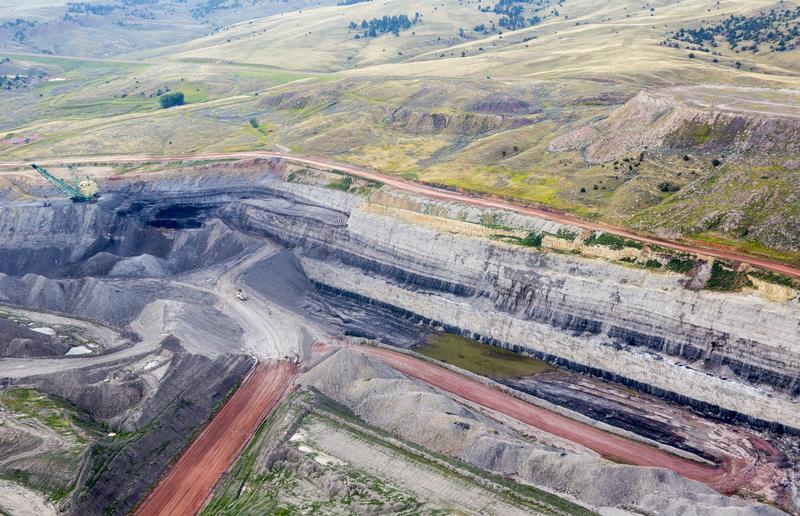The coal industry’s efforts to boost exports of coal from Montana and Wyoming to Asia have run into a lot of obstacles - widespread opposition from communities that would be impacted from increased coal train traffic and pollution mean that whatever hope the industry had for rubber stamp approvals are long gone. Chinese efforts to reduce coal consumption (and the severe air pollution choking major Chinese cities) have led to a collapse in global coal prices, throwing into doubt whether US coal exports to Asia could ever be profitable, even if the proposed export terminals are approved. And tribal leaders in the region have made it increasingly clear that coal exports would interfere with their rights to use traditional fishing areas - which led to the denial of a key permit for the Morrow Pacific coal export proposal, and pose major obstacles for the other proposals as well.
In fact, the company behind two of three remaining coal export proposals in the Pacific Northwest, Ambre Energy, was recently forced to sell to the only remaining investor willing to provide any money at all for these controversial and risky plans - a private equity company called Resource Capital Funds. And even then, Ambre only got $18 million for its coal mines and the Millennium Bulk and Morrow Pacific coal export proposals - even though it had recently claimed those same assets were worth hundreds of millions of dollars. As an explanation to shareholders, Ambre’s board of directors pointed to those tough realities facing their plans - the denial of a key permit, declining global coal prices, and policies to address climate change all led to a “significant reduction” in the company’s value.
So Resource Capital Funds now controls these controversial coal export proposals - and it’s time to welcome them to the controversy.
Today, as part of global divestment day, activists with 350 Colorado and Greenpeace are protesting at Resource Capital Funds’ office in downtown Denver, in solidarity with the communities and tribes in Oregon, Washington, Idaho, and Montana that have been working together to stop the coal industry’s export plans. And to make sure that Resource Capital Funds can’t hide its role, we’re launching a new website: www.ResourceCapitalFunds-Exposed.com - - check it out to learn more about Resource Capital Funds, coal export proposals, and join the thousands of people who are calling on the private equity fund to drop its investment.
In fact, the company behind two of three remaining coal export proposals in the Pacific Northwest, Ambre Energy, was recently forced to sell to the only remaining investor willing to provide any money at all for these controversial and risky plans - a private equity company called Resource Capital Funds. And even then, Ambre only got $18 million for its coal mines and the Millennium Bulk and Morrow Pacific coal export proposals - even though it had recently claimed those same assets were worth hundreds of millions of dollars. As an explanation to shareholders, Ambre’s board of directors pointed to those tough realities facing their plans - the denial of a key permit, declining global coal prices, and policies to address climate change all led to a “significant reduction” in the company’s value.
So Resource Capital Funds now controls these controversial coal export proposals - and it’s time to welcome them to the controversy.
Today, as part of global divestment day, activists with 350 Colorado and Greenpeace are protesting at Resource Capital Funds’ office in downtown Denver, in solidarity with the communities and tribes in Oregon, Washington, Idaho, and Montana that have been working together to stop the coal industry’s export plans. And to make sure that Resource Capital Funds can’t hide its role, we’re launching a new website: www.ResourceCapitalFunds-Exposed.com - - check it out to learn more about Resource Capital Funds, coal export proposals, and join the thousands of people who are calling on the private equity fund to drop its investment.

 RSS Feed
RSS Feed